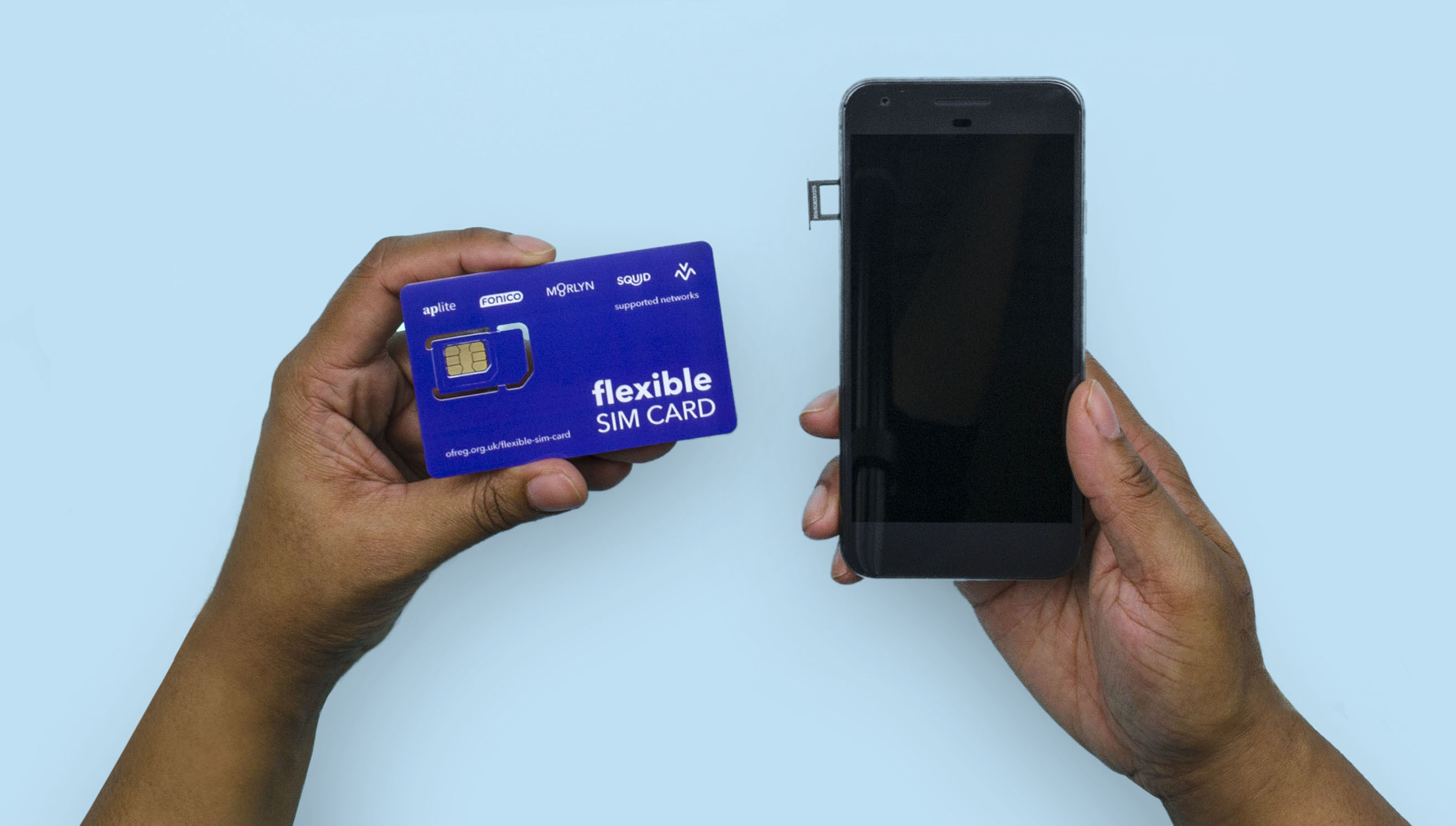In collaboration with the Open Data Institute, IF researched how open APIs in the telecoms sector could lead to new classes of commercial products.
We prototyped three scenarios that could arise as a result of open APIs existing in the telecoms sector. These were informed by interviews with experts in the industry and tested using UK and international participants.
The aims of this work were to:
- Identify which APIs the industry and government should prioritise
- Identify potential design patterns for products and services built using these APIs
- Understand people’s needs for privacy and control in relation to telecoms data
This report presents the final prototypes and research findings, as well as making recommendations for how government and industry might implement telecoms-specific open APIs.
Overview
Open APIs have the potential to enable new products and services that meet needs of a wider set of users.
To ensure that potential is realised to its fullest, it is important that, in addition to the data about people, supporting datasets such as signal strength and privacy policies are also considered.
Beyond the opportunity to transform markets, the development of both the APIs and the services they enable, must go hand-in-hand with an evaluation of what they will mean for people’s digital rights.
This should include the use of design patterns that help people genuinely understand what is happening to data; accountability and transparency mechanisms that are clear and understandable to people; a general responsibility of care to end users; and a healthier public debate about the collection of data by the telecoms sector.
There may also be new roles for government to play in notifying the public about data collection in public spaces, similar to the roles central and local government play in the built environment.
The constraints and motivations of both existing telecoms providers and other technology organisations must be understood to make open APIs and new products and services a reality.
 Contents
Contents